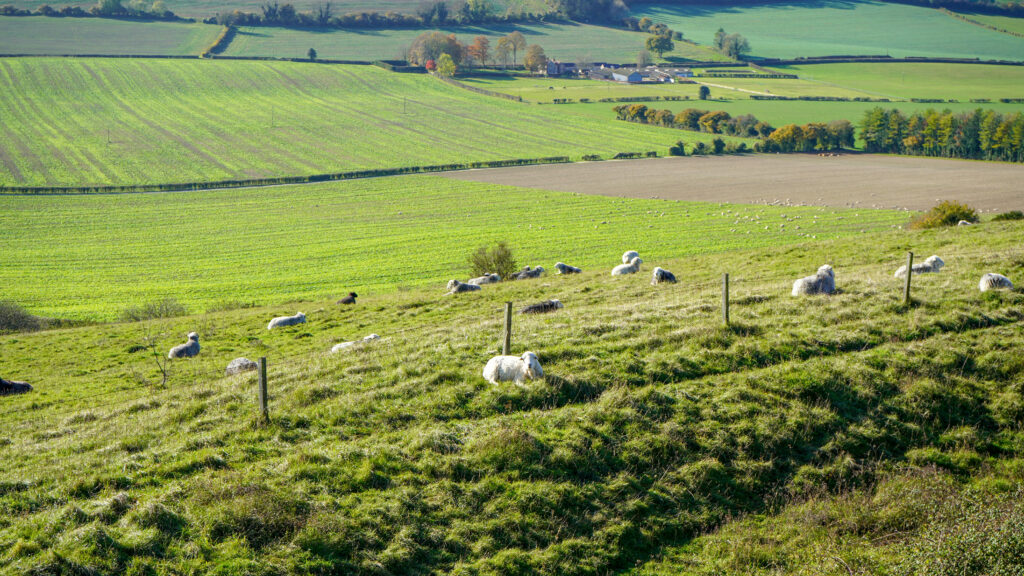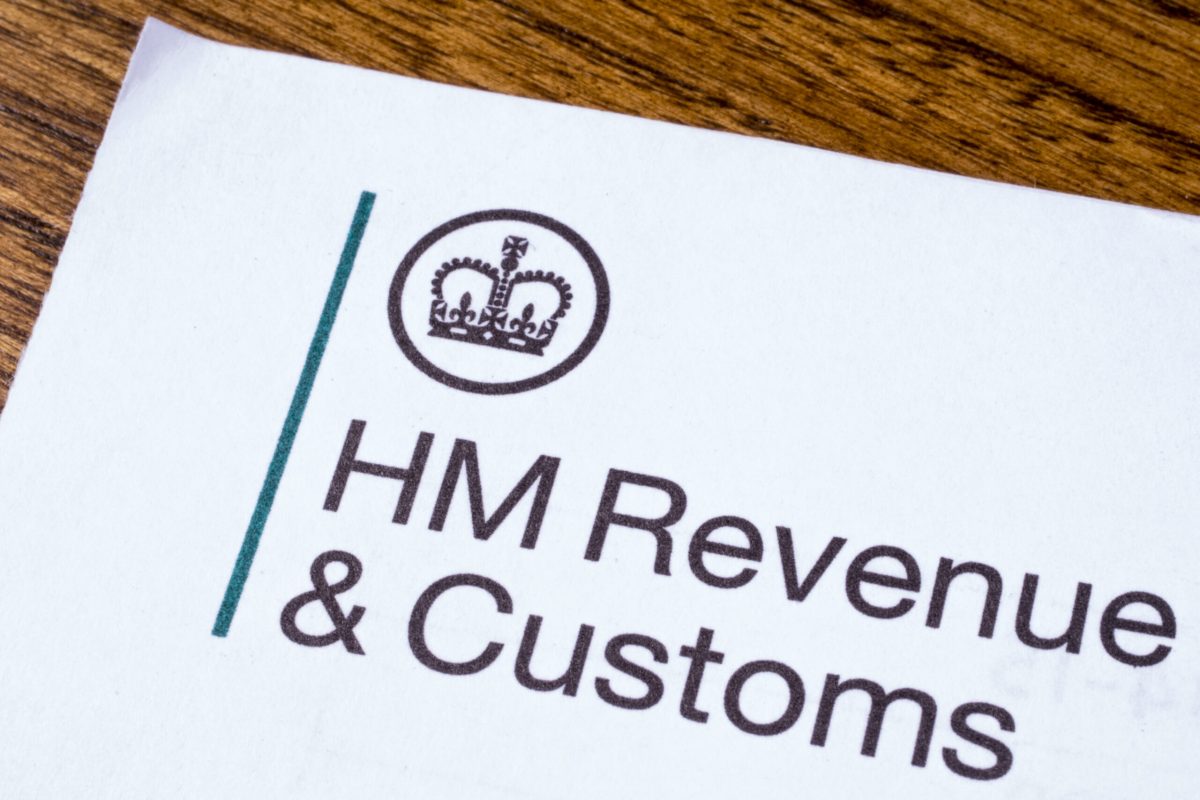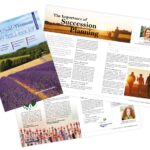You may have heard about recent changes to trust registration, under the Trust Registration Scheme (TRS). There is a new legal requirement under the scheme, for most trusts to be registered with HM Revenue and Customs (HMRC) by September 2022. Many people may assume that this requirement does not affect them. In actual fact, it may well do. This is because a Trust can arise in a number of circumstances – not all of which are easily identifiable on the face of it. Some examples are examined below.
Partnerships:
Where land is held on the balance sheet for the benefit of the partnership as a whole, there may be a trust in existence. If the person named on the legal title at HM Land Registry (or the person named on the title deeds, if the land is unregistered) is different from those who can benefit from the land, then a trust is in existence.
Case Study:
Mr Samuel Smith and Mrs Jane Smith farm in partnership with their son, John Smith. Samuel Smith is the sole owner of the 350 acres farmed by the partnership. In order to ensure that on his death, the land can benefit from the Inheritance Tax reliefs of Agricultural Property Relief and Business Property Relief, Samuel adds the land to the balance sheet of the partnership.

On the partnership accounts, land and buildings are shown as assets. This creates a Trust registerable with HMRC. Even where the value of the land and buildings may only be credited to Samuel Smith’s capital account, a Trust has nonetheless been created. Under the Trust registration requirements, which came into effect in September 2022, this Trust will need to be registered with HMRC’s Trust registration service and updated as and when any changes occur within the partnership or in the ownership of the land.
Other Circumstances:
Trusts can also arise in many other circumstances, including where a parent may have contributed to the purchase of a home for their child and there is an underlying declaration regarding the ownership percentages.
How to Establish if a Trust Has Been Created:
- Consider if you are named on the title to land, or are the account holder for a bank account/investment (‘the asset’) but you are not the only person who will benefit from it.
- Is there a document which states that you are a Trustee? If so, you are likely to need to register a Trust.
- Where someone other than the legal owner can benefit from an asset, then a Trust is in existence and it is likely that it will need to be registered.
What can I do?
Under the TRS, HMRC has the power to levy penalties when Trusts which ought to be registered are left unregistered. It has however confirmed the adoption of a light approach for the moment, while it allows for the necessary steps to be taken by Trustees. The most important thing to do, if you are aware that there is a Trust in place, is to ensure that you now take steps to register it. There is also a requirement on professional advisors, such as accountants and solicitors, to notify HMRC if they are aware of an unregistered Trust and those responsible, having been made aware of the need for the Trust to be registered, have also declined to do so.
The responsibility for registering a Trust rests with the Trustees. If you think you may be a Trustee, and you have any query about the Trust Registration Scheme and whether it affects you, or you require assistance with the registration of a Trust, our Private Client Team will happily provide you with expert legal guidance and the information you need.






